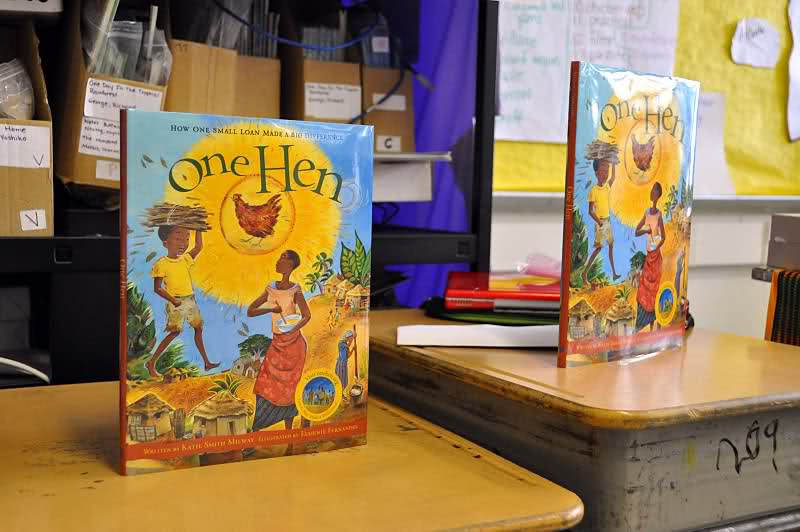
I love to learn and I love to meet new people who teach me. Most especially, I love to learn from risk takers who take on some of society’s biggest challenges head on and look for a solution. This week’s guest is a perfect example. Jasmin Shupper, the founder of Greenline Housing Foundation is a dynamo and a woman on a mission to combat the age old practice of redlining. Her mission is to offer financial assistance and continued support to people of color who wish to be homeowners.
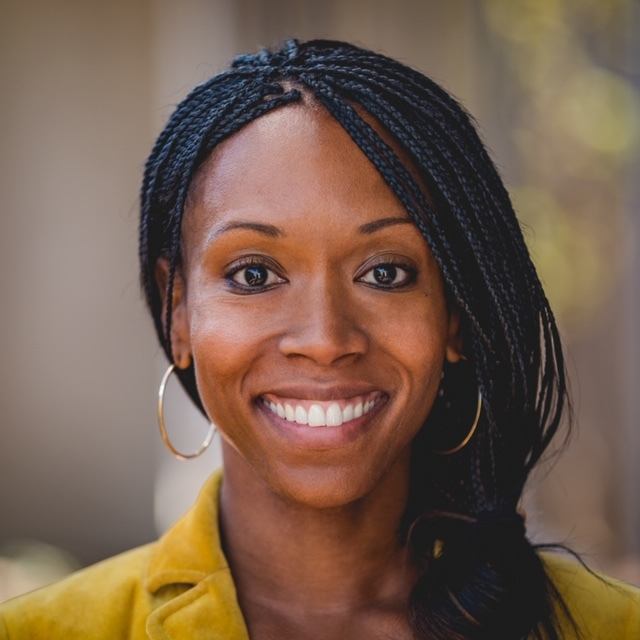
Join us today for an informative conversation about redlining, if long term effects and what Jasmin and her nonprofit are doing to create lasting change.
Here are a few highlights from our conversation:
Charity Matters: Tell us a little about what Greenline Housing Foundation does?
Jasmin Shupper: Greenline Housing Foundation gives grants to qualified people of color to purchase a home. Specifically for the purpose of reversing the effects of systemic racism and housing, through practices like redlining, blockbusting and steering. We facilitate access to homeownership for people of color who were previously very intentionally and legally prevented from from homeownership. We strive to really close that gap, close the racial wealth gap, facilitate access and provide financial education. And we can make sure that our our homeowners are not only set up well to purchase a home, but also to thrive once they’re in their home. Our goal is to seek to just facilitate access, close the racial wealth gap and repair what generations of systemic racism and housing have broken.
Ceasar and Bonnie’s Story from Greenline Housing Foundation on Vimeo.
Charity Matters: What was the moment you knew you needed to act and start Greenline Housing Foundation?
Jasmin Shupper: I like to say that Greenline is the culmination of many years of lived experience and education and everything that just kind of converged. One day Greenline was born. I’m a real estate agent here in California. As I was studying for my exam, I was struck by the fact that it wasn’t until 1968 that it became illegal everywhere to discriminate on the basis of race and the sale financing and leasing of real estate. My mom was alive in 1968 and that’s not that long ago.
In 1967, it was legal to say I’m I’m not going to lease to you, or I’m not going to sell this property to you because you are a person of color. So that really, really struck me. I think that we learn this history to some degree but learning the implications of that and what that means, in my real estate practice. Going back even further than 1968, things like the FHA refusing to ensure loans made to people of color. Learning the economic legacy that is afforded through homeownership. Then juxtaposing that with the reality of how intentionally people were kept from homeownership at a time when homes realized the biggest depreciation left a huge impact.
I’m the Business Director of this church where I’m managing the budget and really learning the ins and outs of nonprofit management. That’s when I kind of was feeling the stirring of all the pieces coming together. Then one day, I was doing a devotional, it was Psalm 82. That was my swift kick in the pants when I was trying to decide, what was next? What to do with this burden that I felt for so many years? And Psalm 82 gave me my answer. I absolutely knew.
Charity Matters: What are your biggest challenges?
Jasmin Shupper: Our tagline is restoring justice one home at a time. And that’s really important because if I get too caught up on the magnitude of what we’re trying to accomplish, it can be paralyzing, right? If I focus on one home at a time and even recognizing the rippling effects of that one home at a time in terms of the the generational legacy helps to make it seem less daunting.
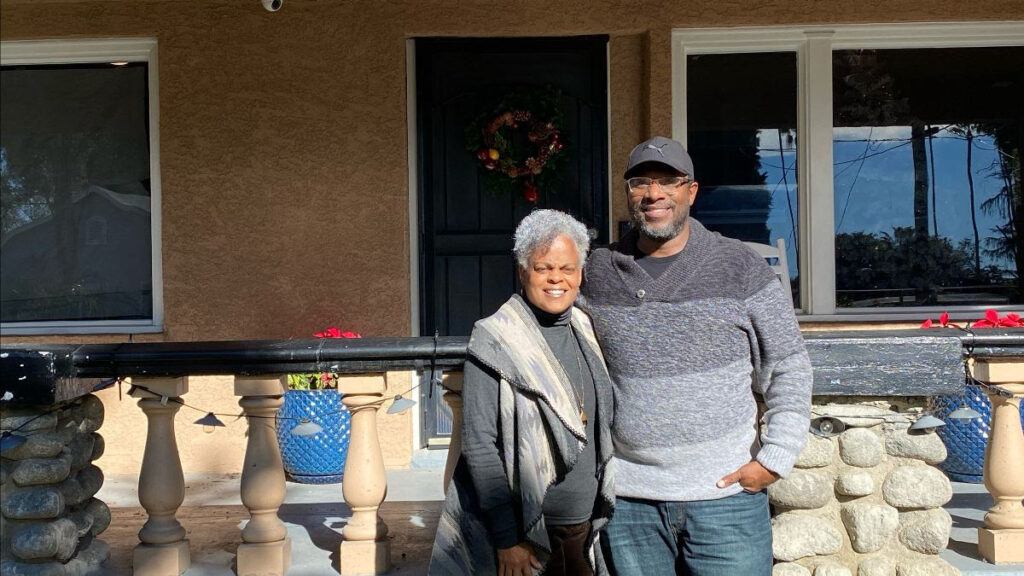
Charity Matters: What fuels you to keep doing this work?
Jasmin Shupper: My faith component is deeply helpful for me. Another thing that fuels me when just feels so big and I wonder how am I ever going to do this? Who am I? I’m just one person is just reading the statistics and learning the history, and how blatant it was, and just the burden. That’s the only word that I can really use to describe that is just a burden to do something about it is what keeps me going.
This deeply held conviction that something has to be done. There needs to be some justice because of how blatant, insidious and rampant discrimination was in housing.
Charity Matters: Tell us what success you have had and what your impact has been?
Jasmin Shupper: In terms of successes, the money that we were able to raise before we had a website. Just me, painting the picture, casting the vision and giving the why, of why we exist in raising these funds. And you know, we started to have a couple of applicants here and there. We wanted to have the infrastructure and be able to sustain the volume, but had a couple of applicants came in.
We did the interviews support, they submitted all their supporting documentation and we took a board vote. They were poster families for what our program is intending to accomplish. When I communicated to them, that they had been awarded a grant and the grant amount, they broke down in tears. It’s really, really beautiful. Now they are homeowners and they have three kids. What that’s going to mean for their family was one of our biggest and earliest success stories.
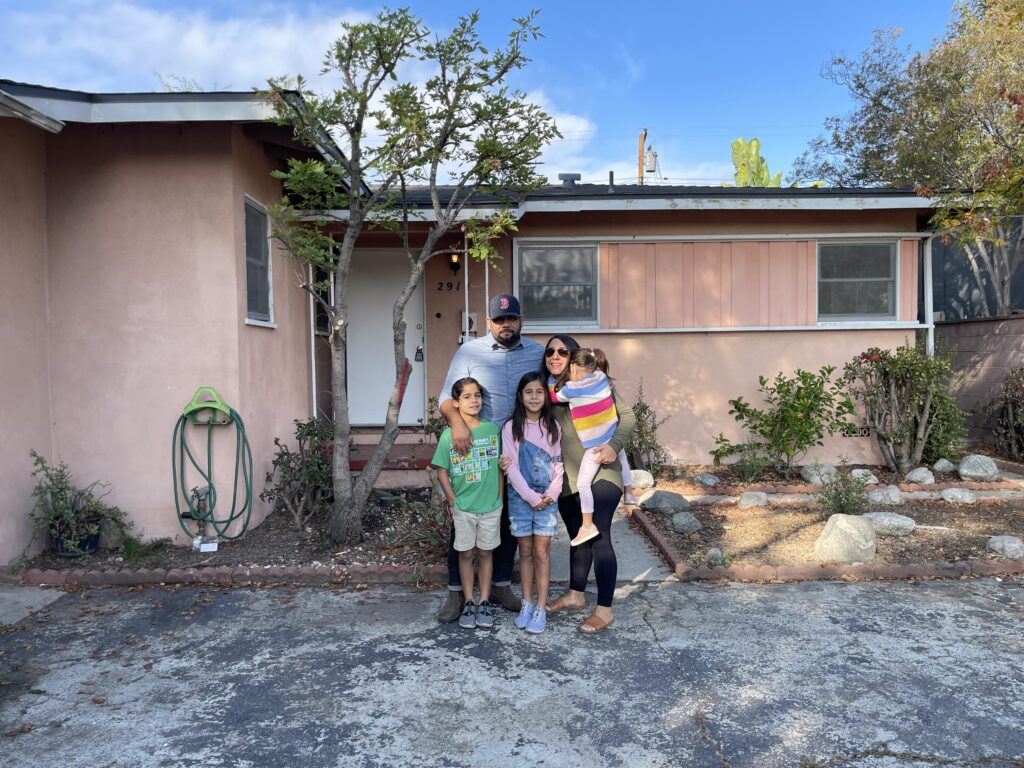
Charity Matters: If you could dream any dream for your organization, what would that be?
Jasmin Shupper: I think at first pass our dream is to raise millions and millions of dollars and have this humongous impact for so many families of color to change the trajectory of the legacy. So that’s the dream, the big scale impact multiple families in different regions and specifically the cities where redlining was most egregious. I have a map of cities where I would love to give grants in those cities that were the biggest culprits of redlining and housing injustice. So that’s a big dream of mine.
When I’m really, really dreaming big it has to do with raising money, multiplying impact for all the people in all the houses. So it’s about the the what the participation in this looks like. I would love to have banks participate in this initiative, real estate agents, brokers, and specifically real estate investment firms. I think to invite participation from those institutions that have wielded power. If we’re being honest, historically have kind of perpetuated the injustice on some level in terms of loans and to now invite them into participating in the repair. Getting somebody into a home takes a village. So to invite these players to really magnify the participation among these institutions and groups is just such a big dream of mine.
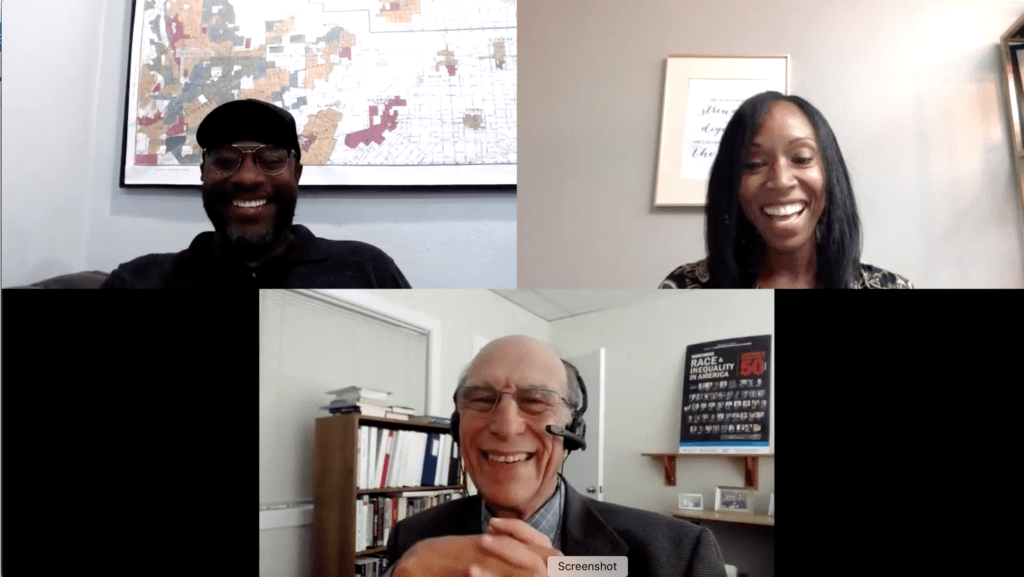
Charity Matters: What life lessons have you learned from this experience?
Jasmin Shupper: So many lessons, I think one is that I am only one person. The importance of surrounding myself with with good people. Allowing people to help that are passionate about this as well and not thinking that the whole thing rises and falls on me. I’m holy responsible for the failure or success of this. Just inviting people in to help accomplish the mission is a really, really big thing that I have learned.
I think I have a view of hope and a way that I maybe didn’t have to the same degree before. I saw people giving to this initiative based on a phone call that I had with them. They didn’t know who I was and had never met me. I painted this vision. They mailed a check for $10,000 based on that conversation. We then took that $10,000 and directly applied that to a grant for somebody in a very practical and tangible way. I just think it restored my hope in the goodness of people even and in humanity.
CHARITY MATTERS.
New episodes are released every Wednesday! If you enjoyed today’s episode, please connect with us:
- www.Charity-Matters.com
- On IG @Charitymatters
- Post a screenshot & key takeaway on your IG story and tag me @heidijohnsonoffical and @Charitymatters so we can repost you.
- Leave a positive review on Apple Podcasts
- Subscribe to new episodes each week!
YOUR REFERRAL IS THE GREATEST COMPLIMENT, IF YOU ARE SO MOVED OR INSPIRED, WE WOULD LOVE YOU TO SHARE AND INSPIRE ANOTHER.
Copyright © 2022 Charity Matters. This article may not be reproduced without explicit written permission; if you are not reading this in your newsreader, the site you are viewing is illegally infringing our copyright. We would be grateful if you contact us.

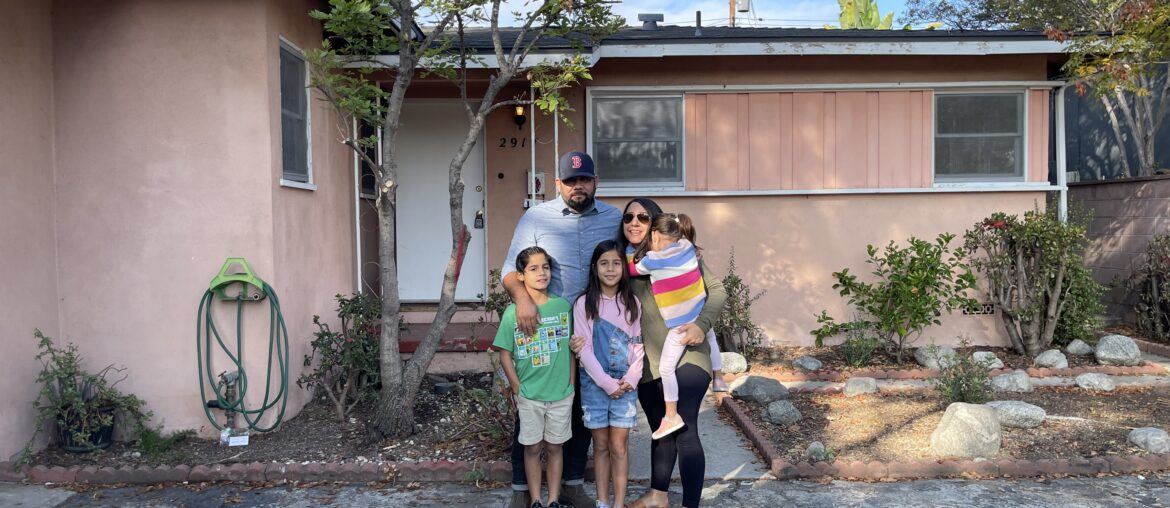


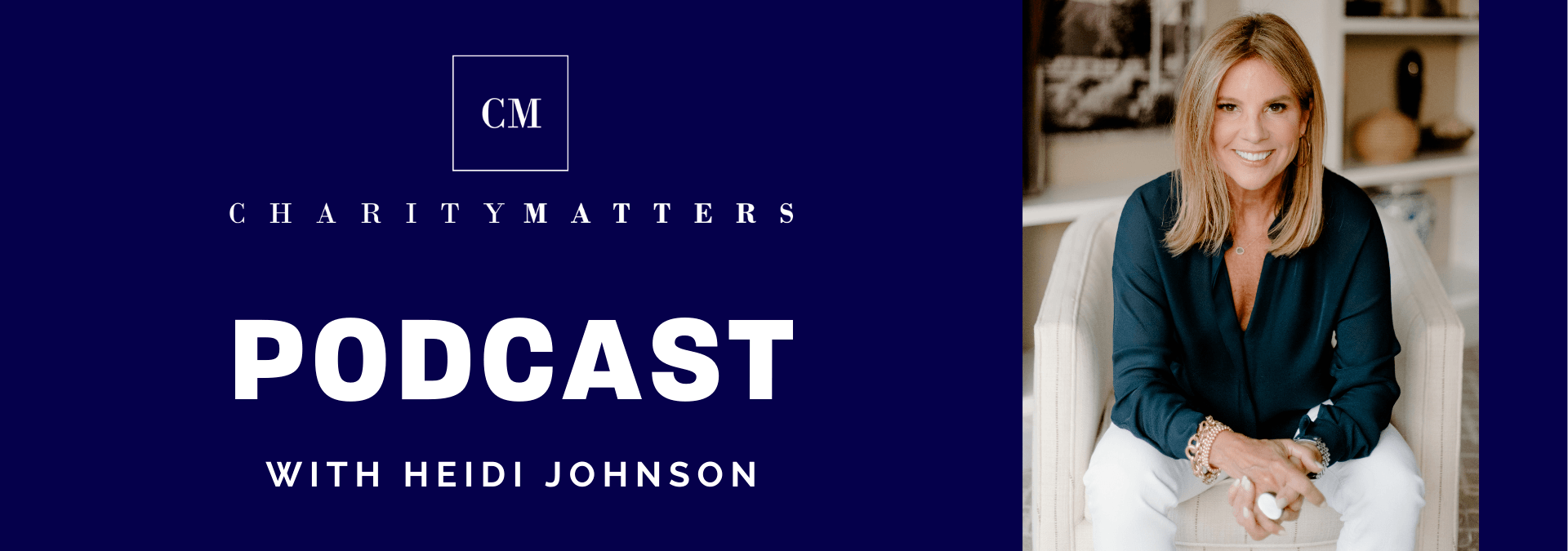
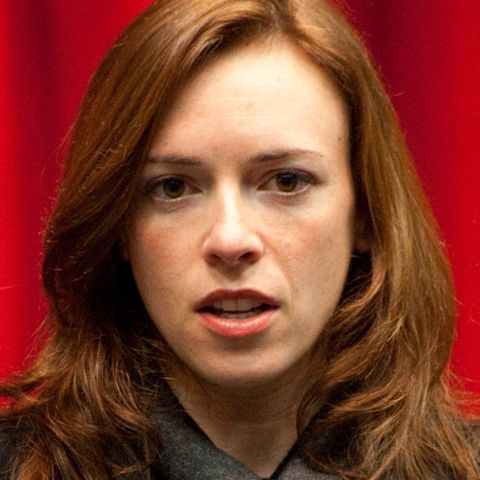
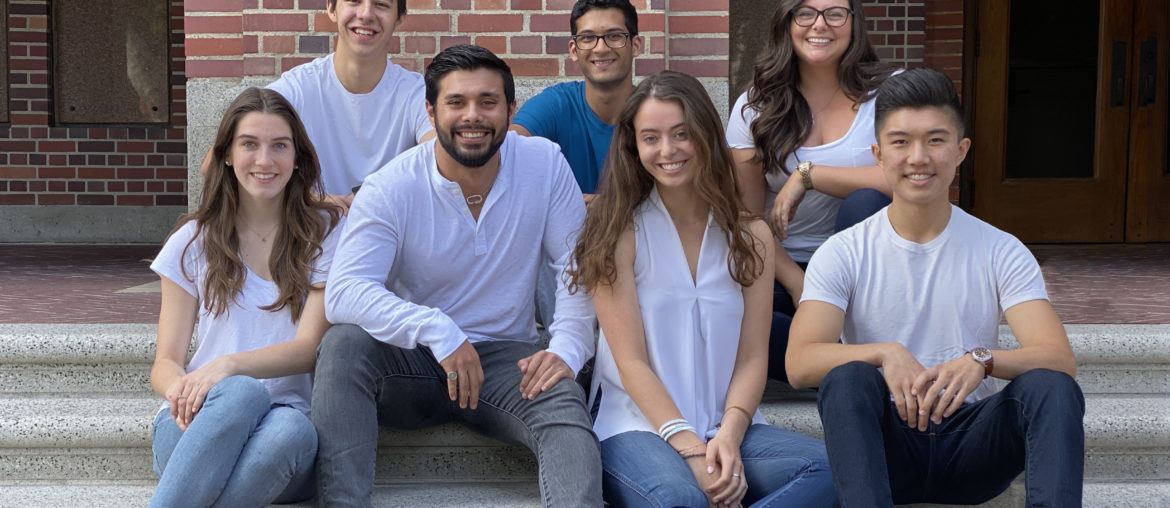
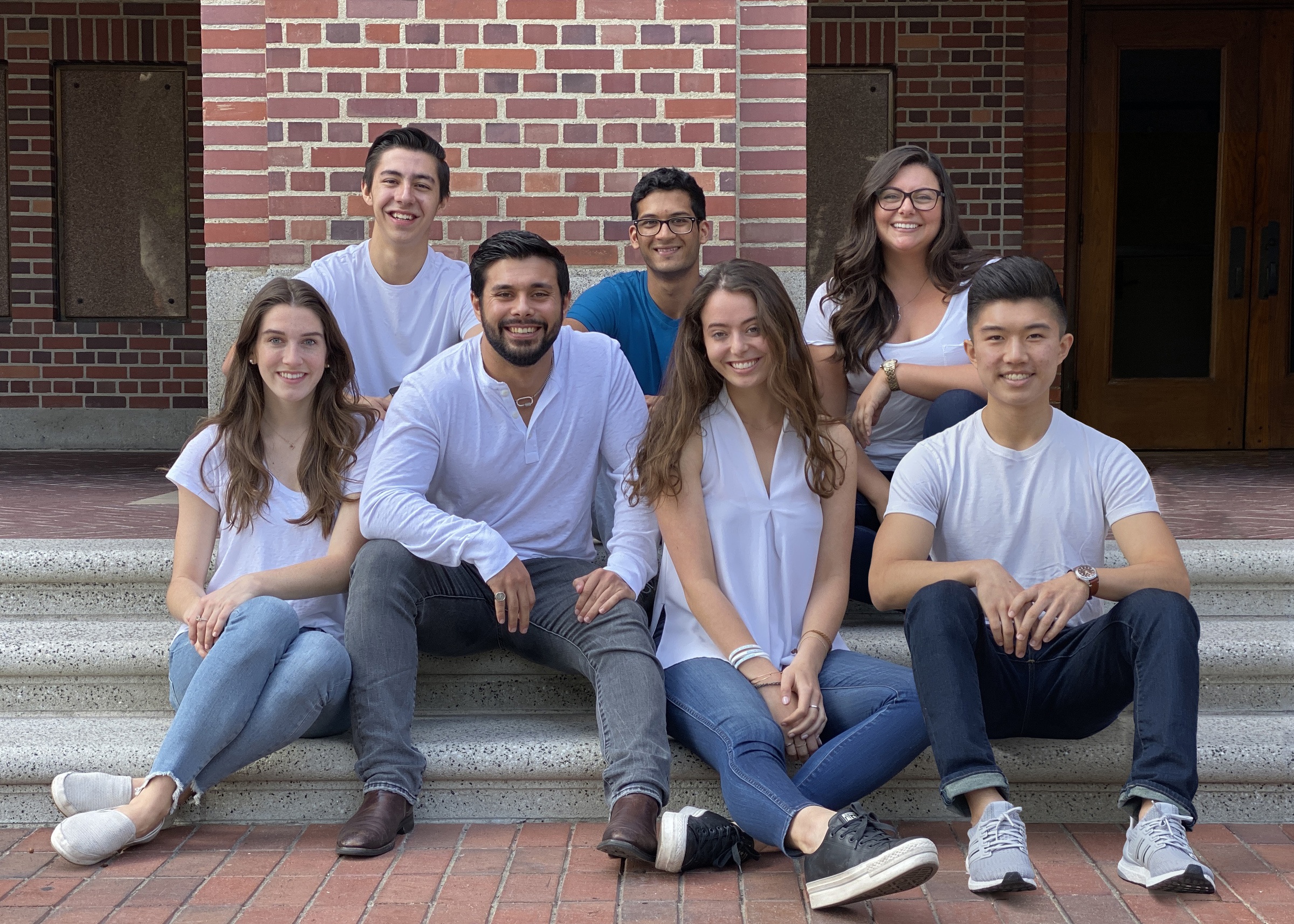
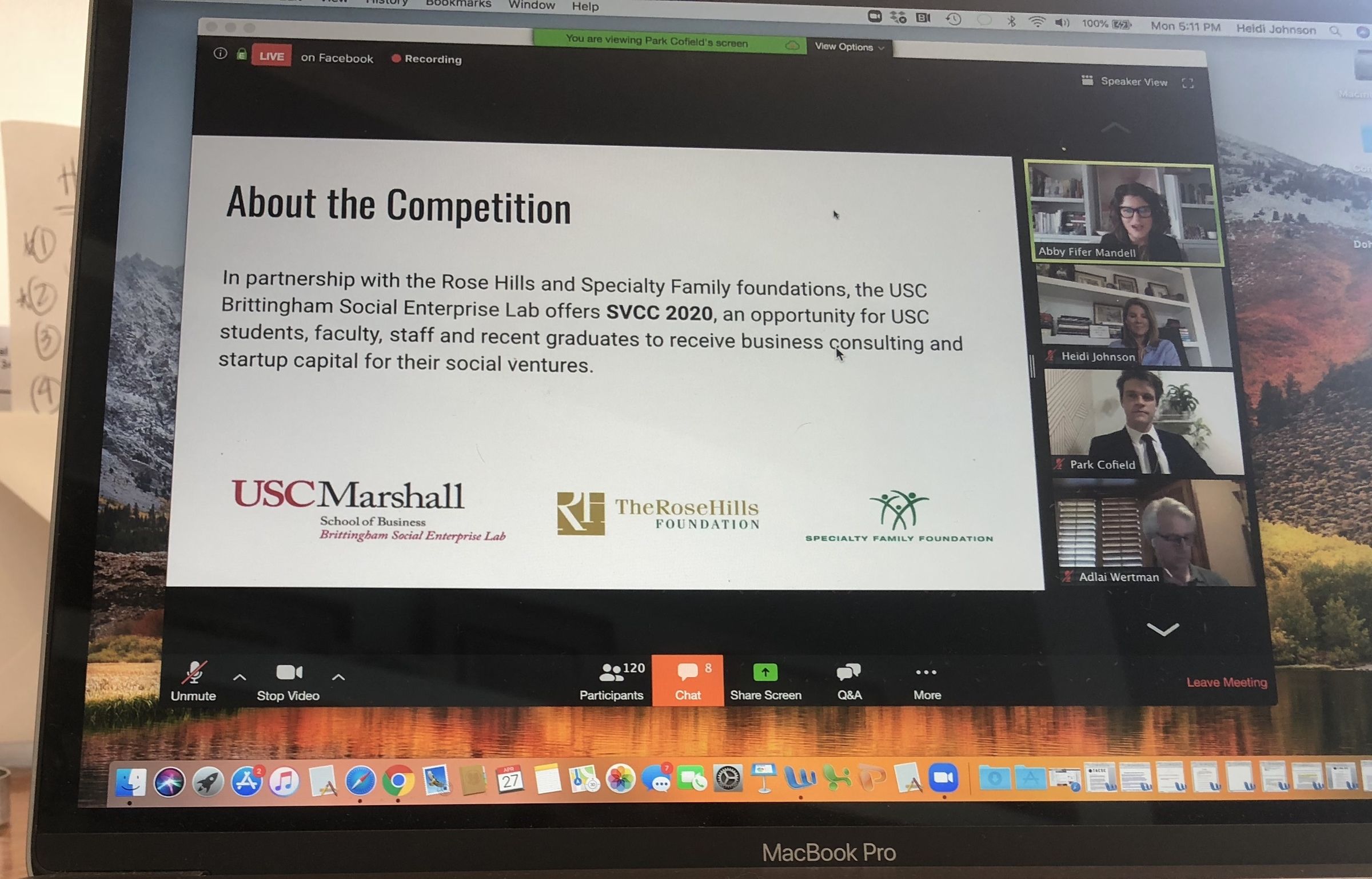
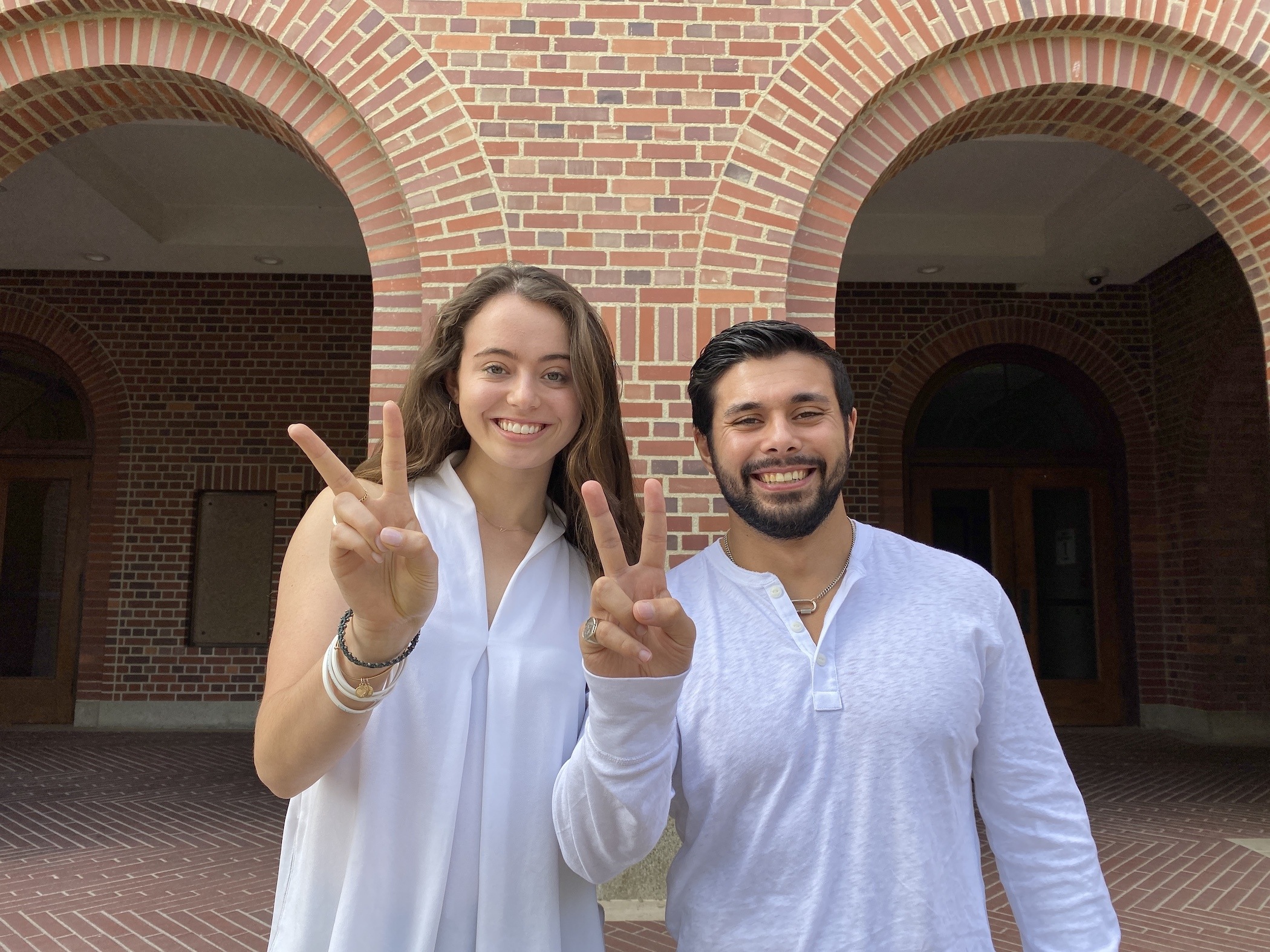
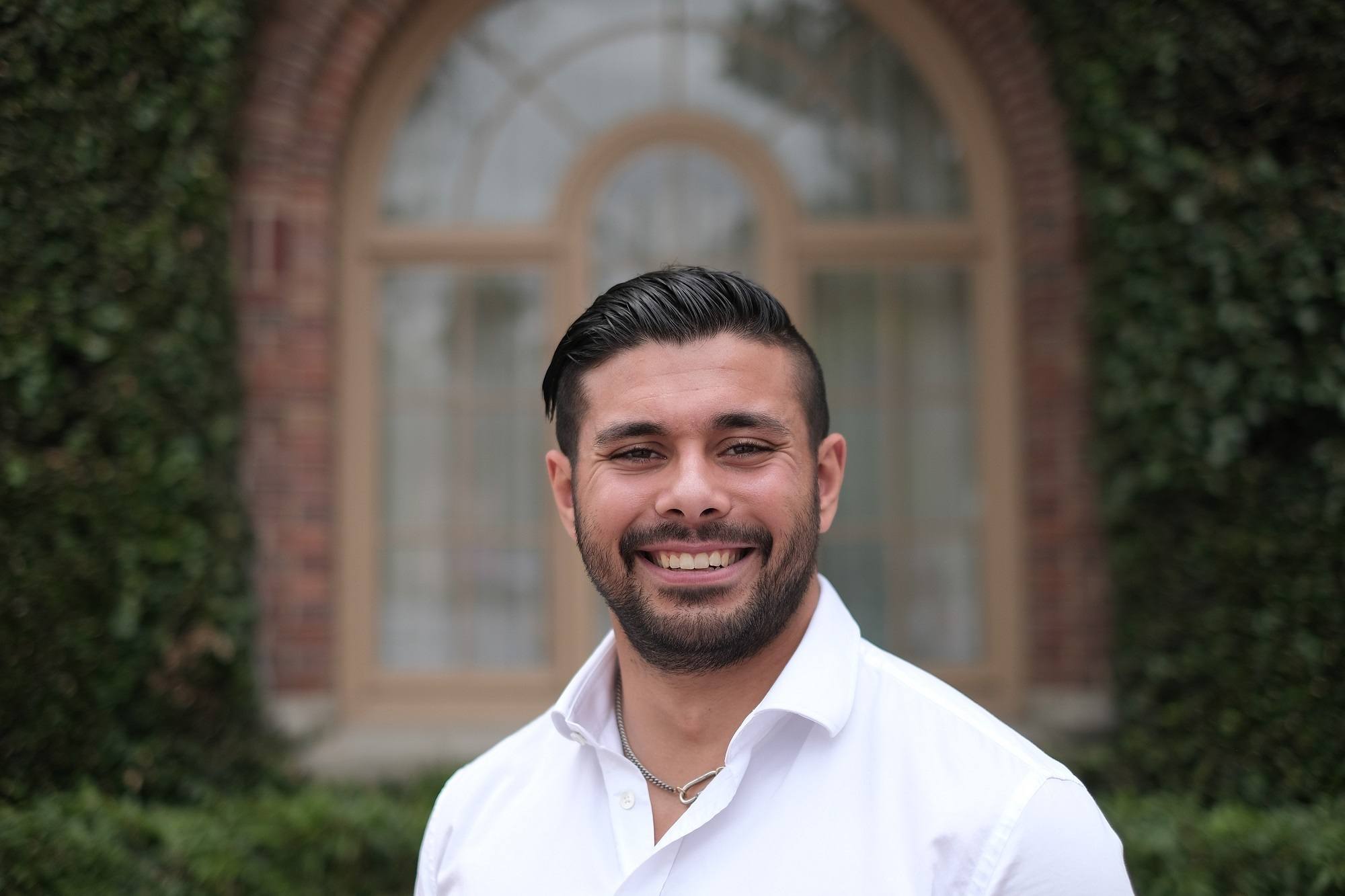
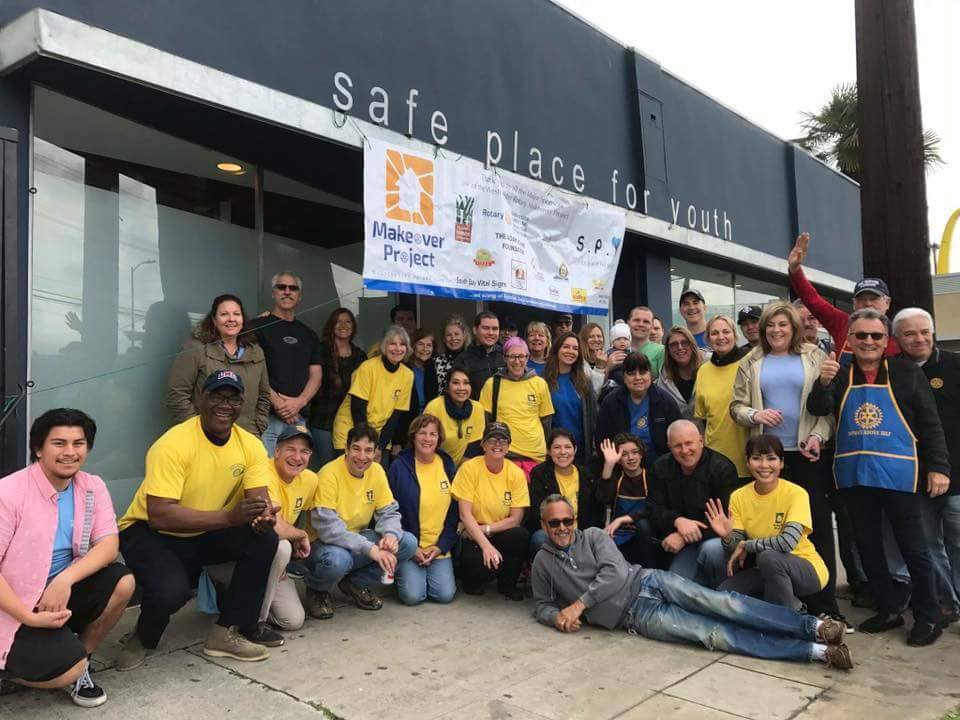
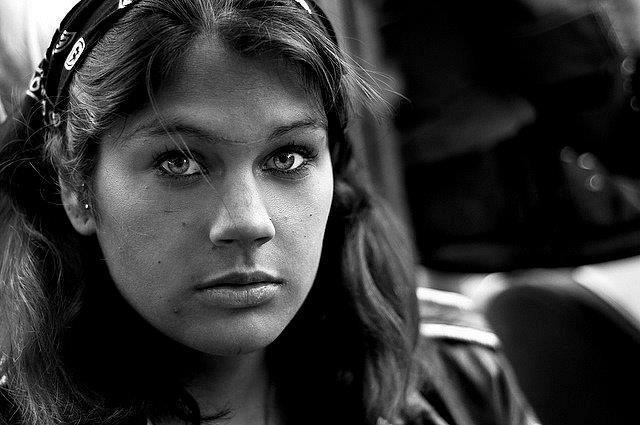
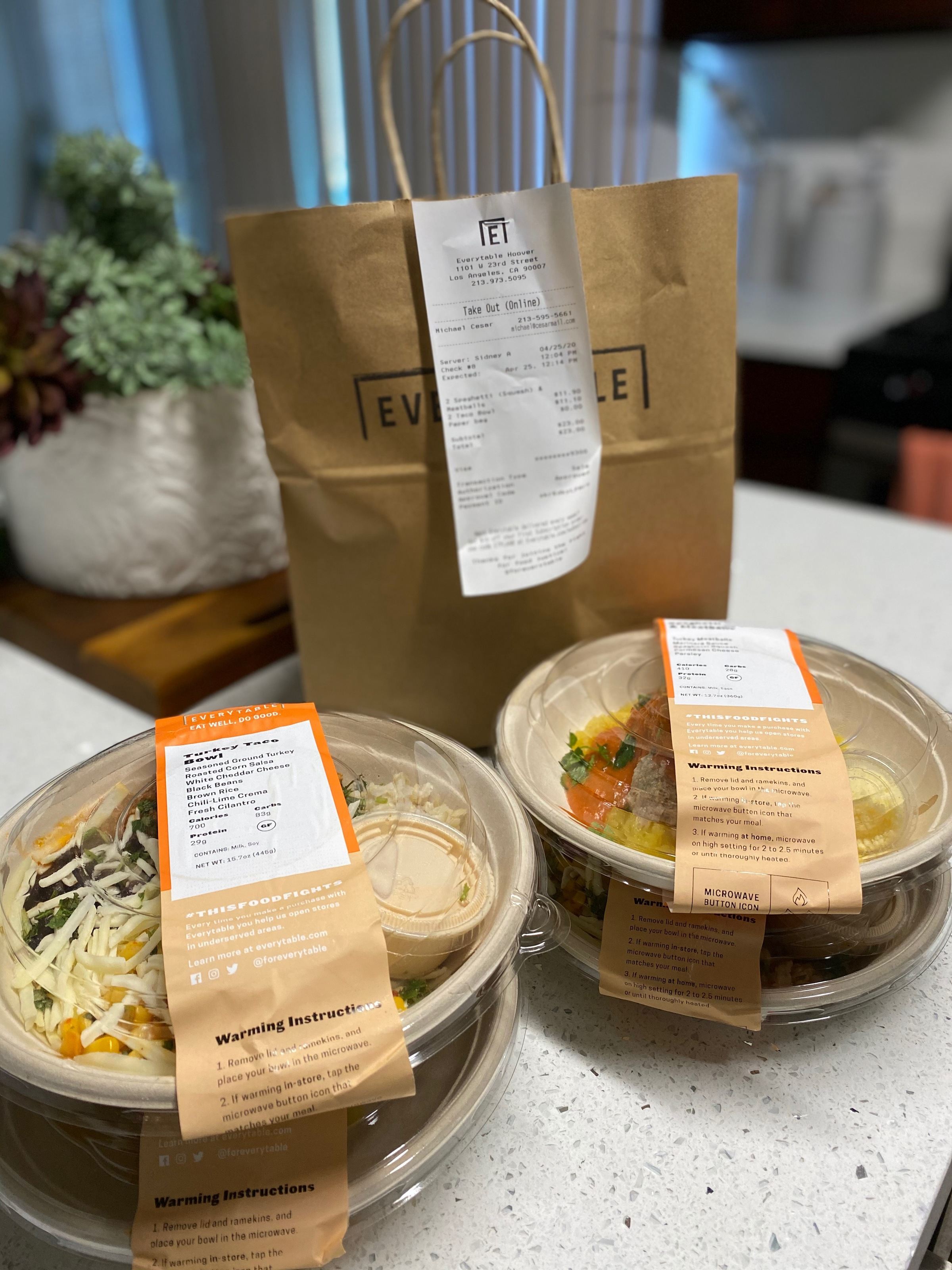

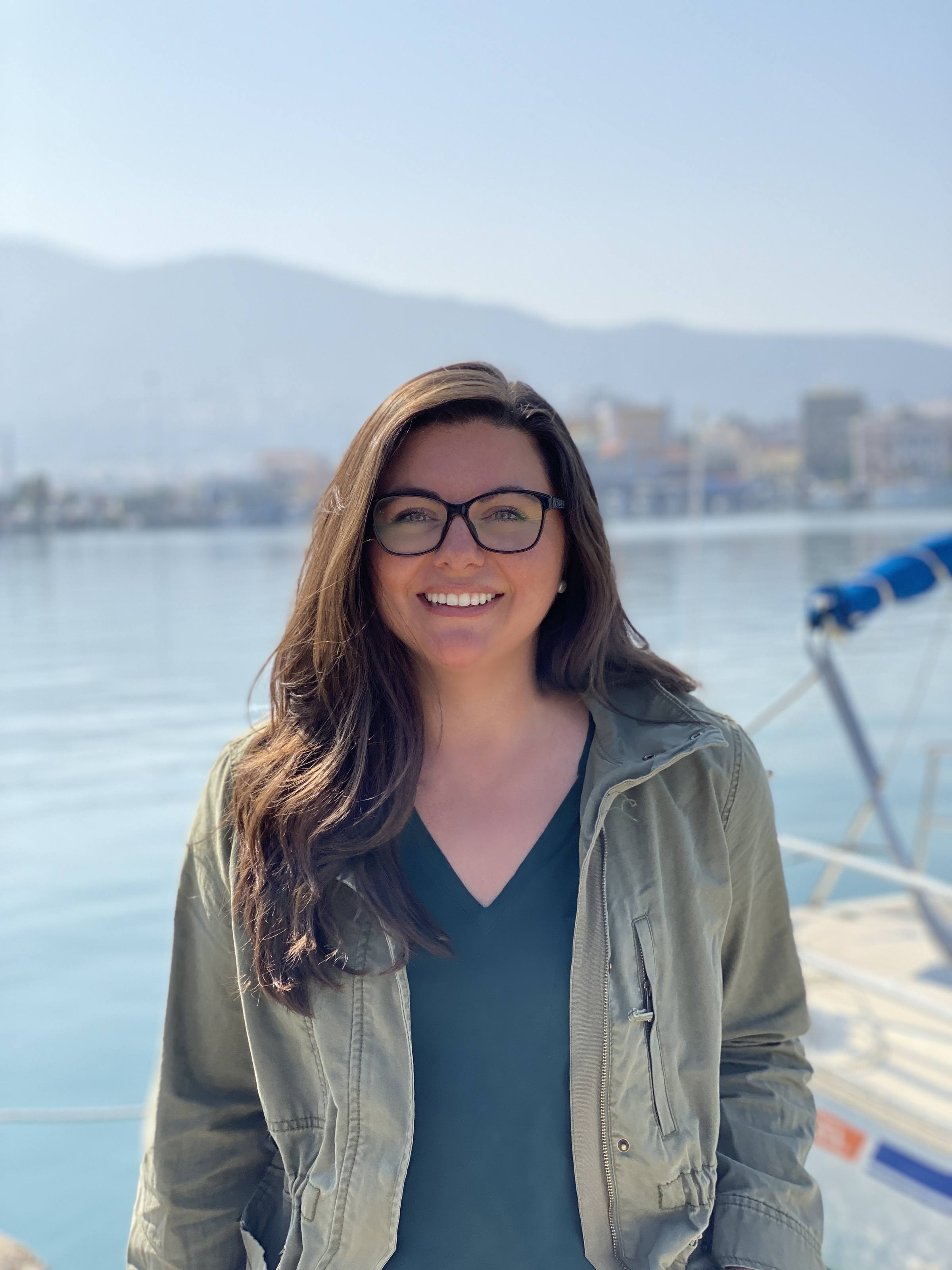
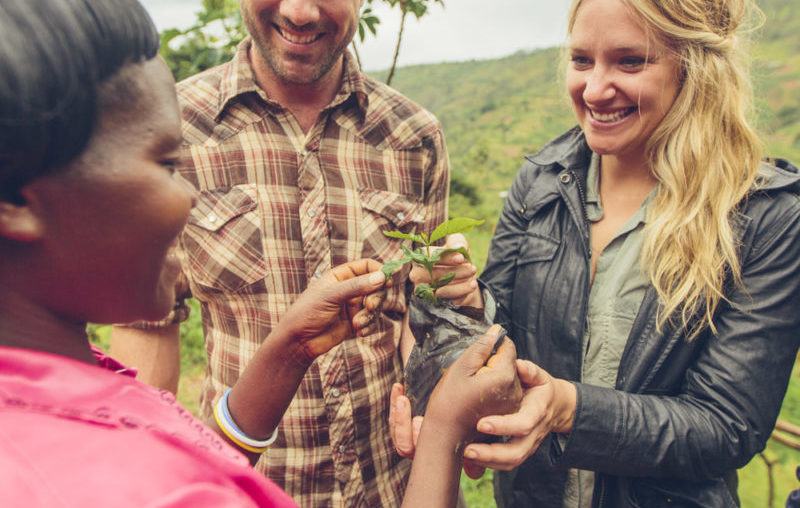
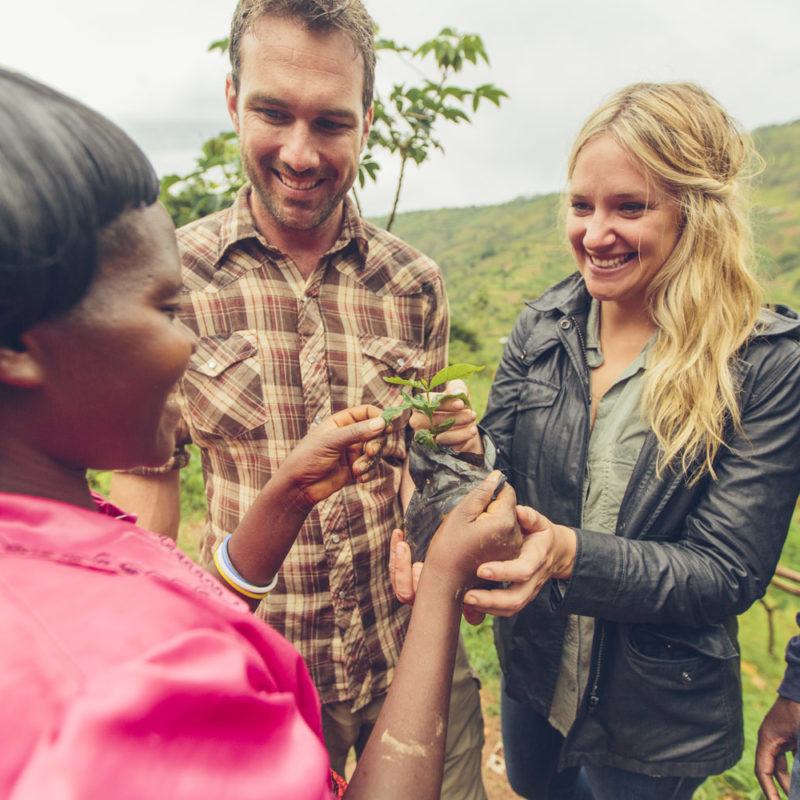
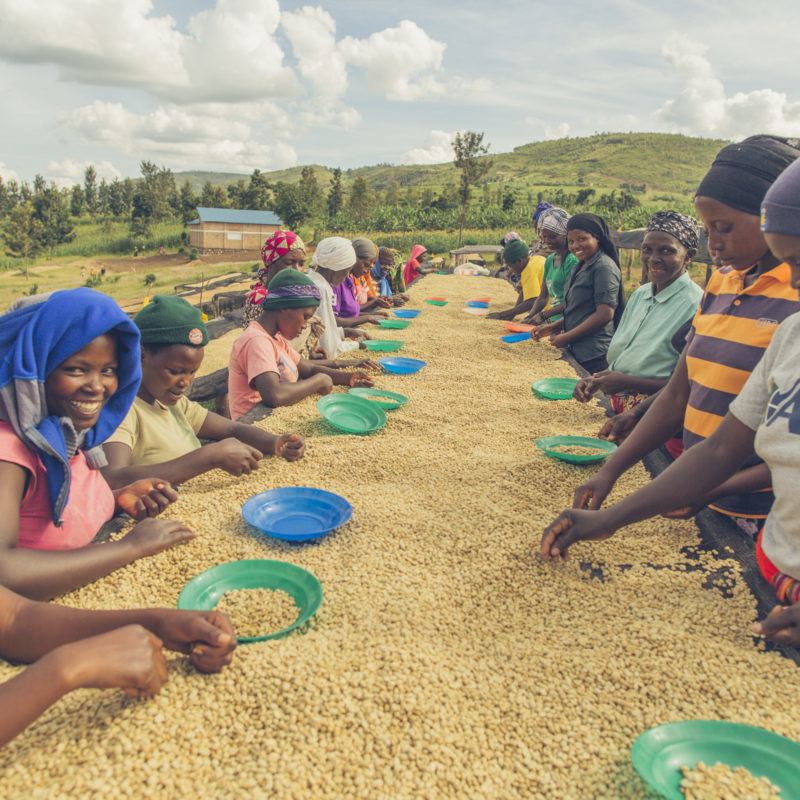
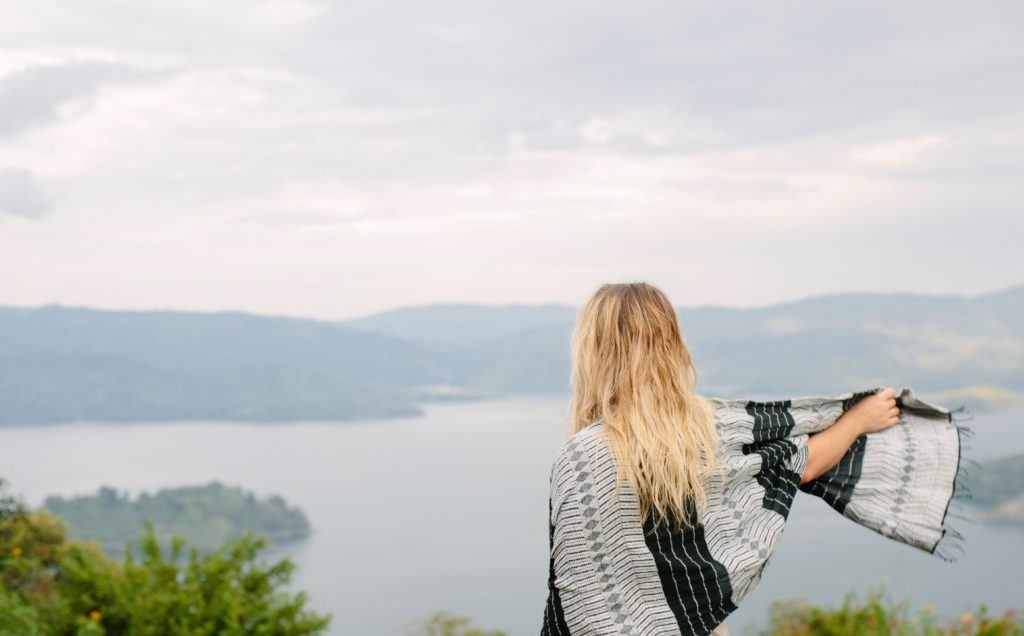
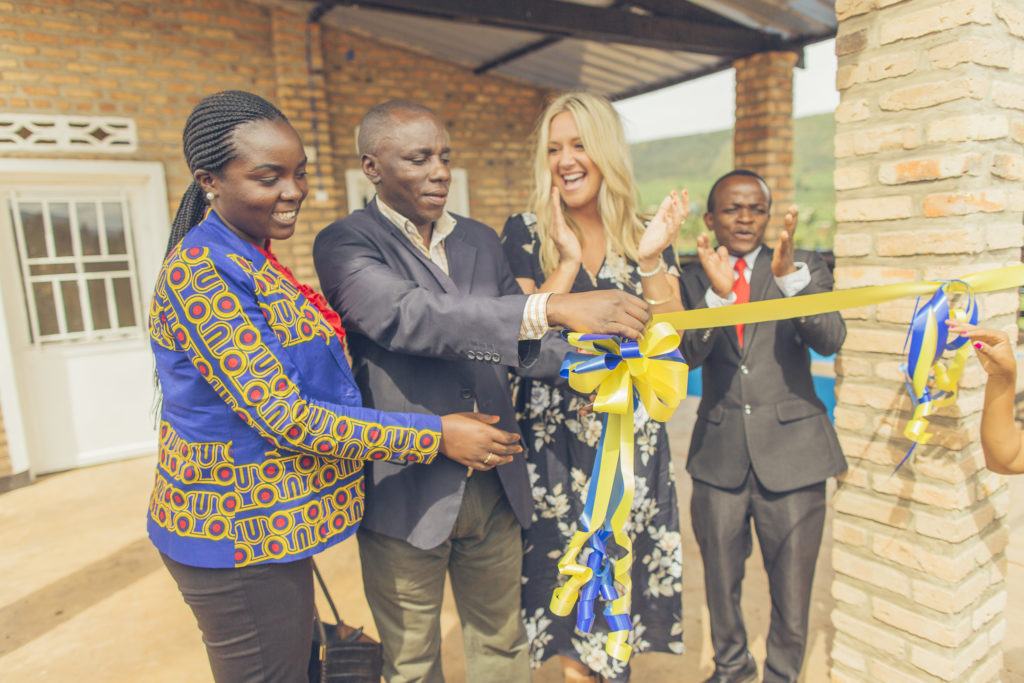
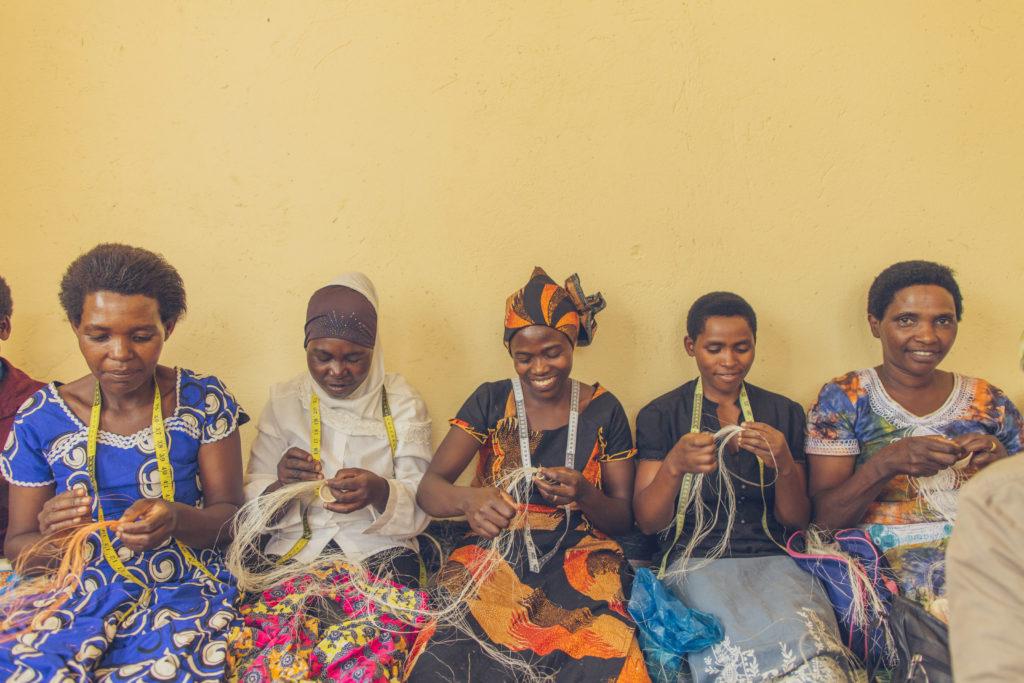
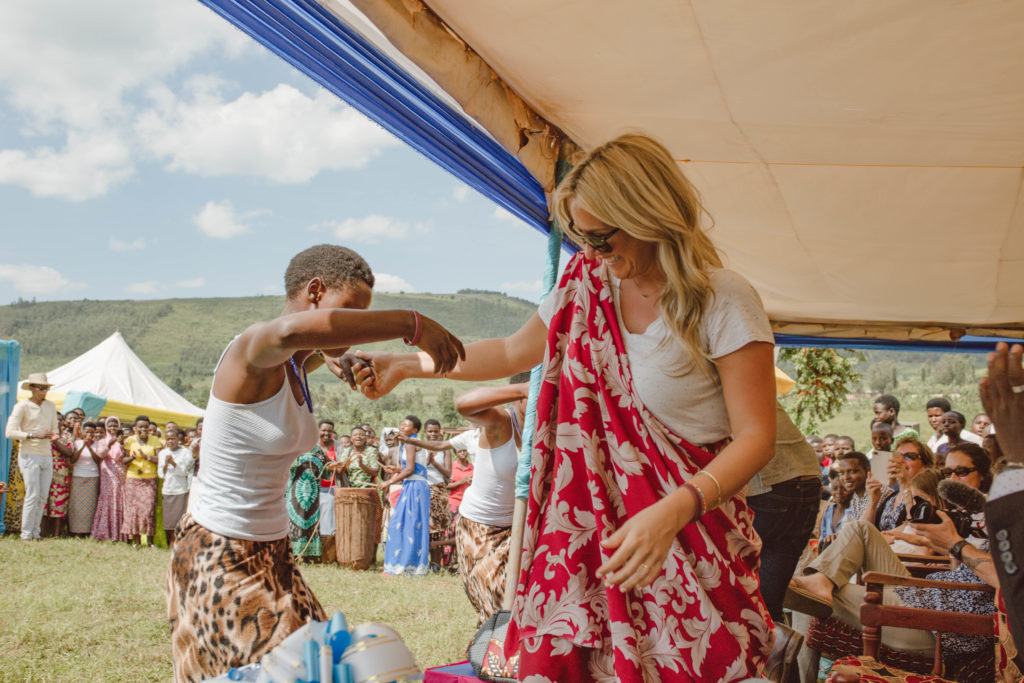
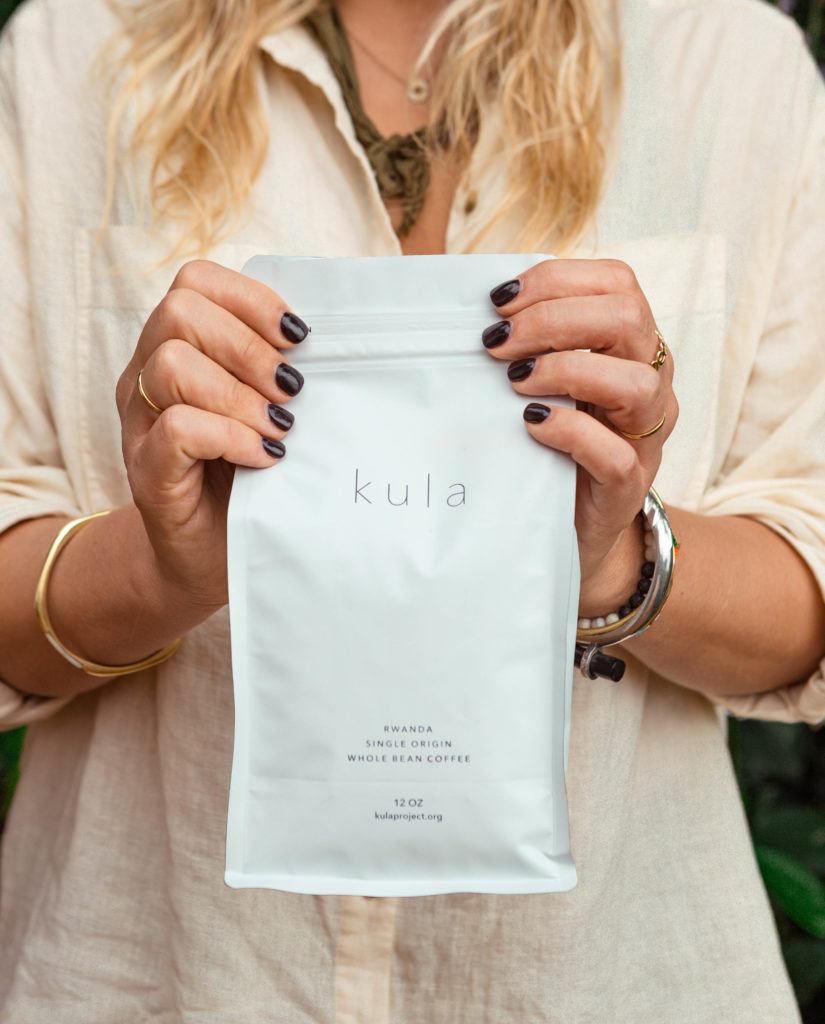
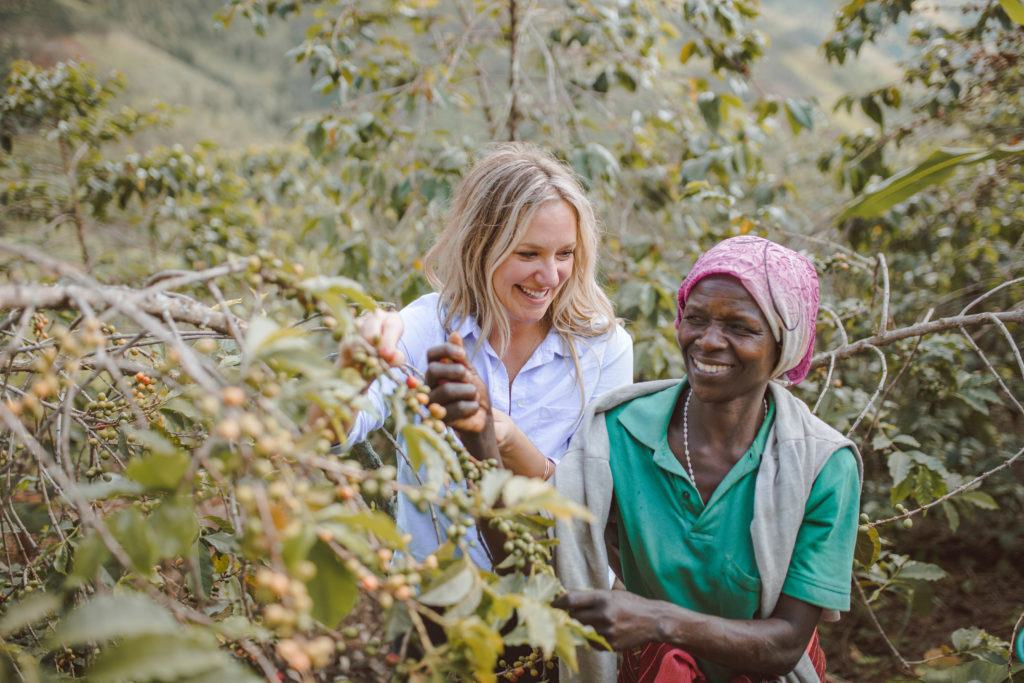
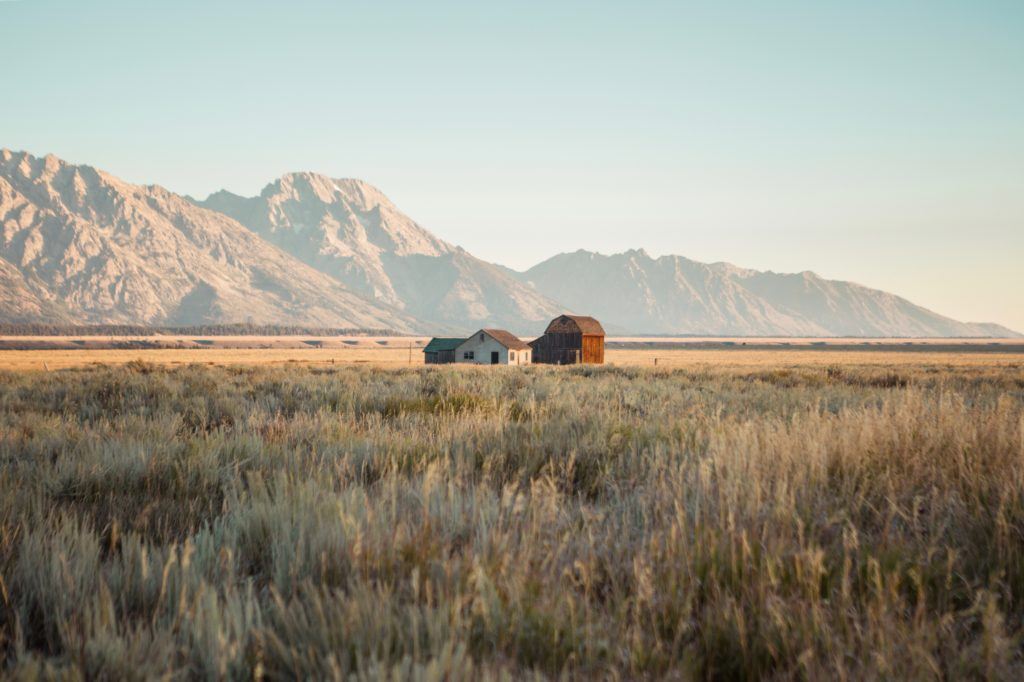
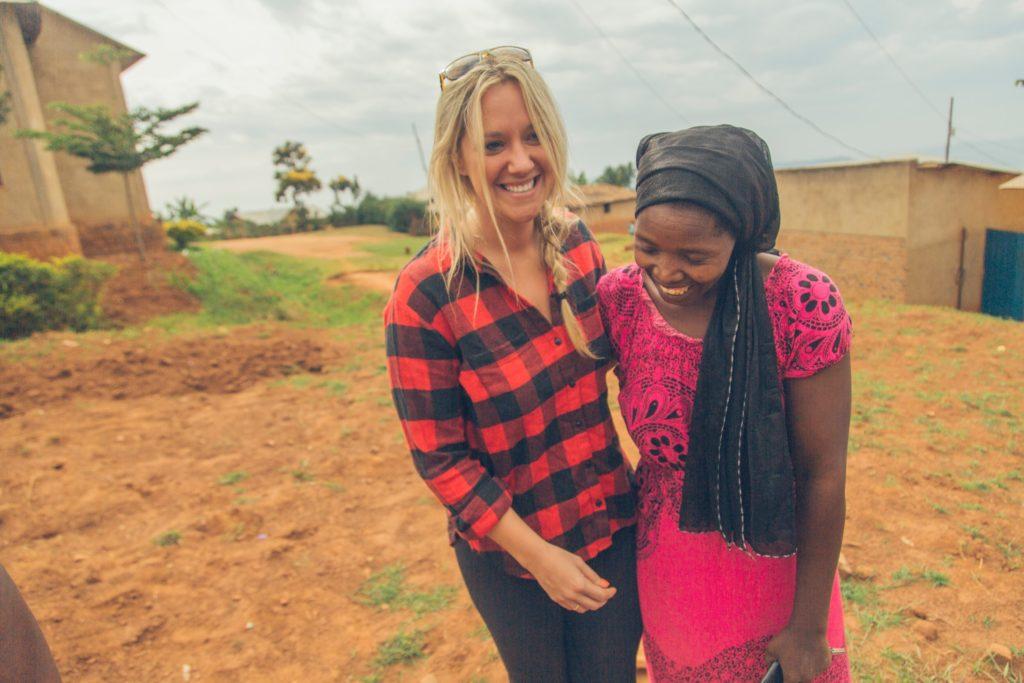
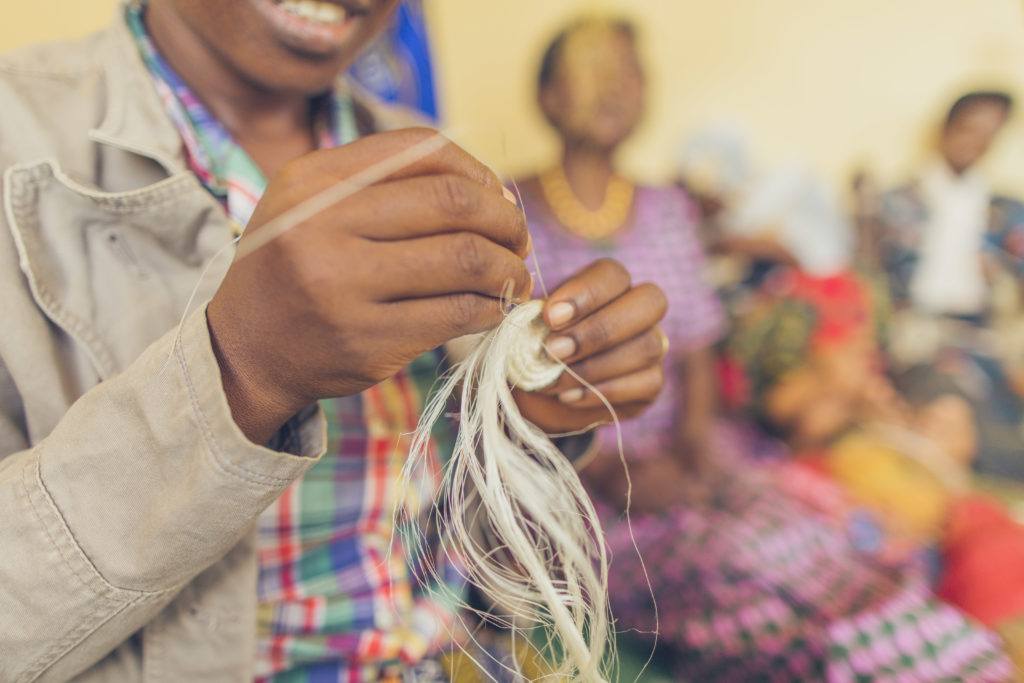
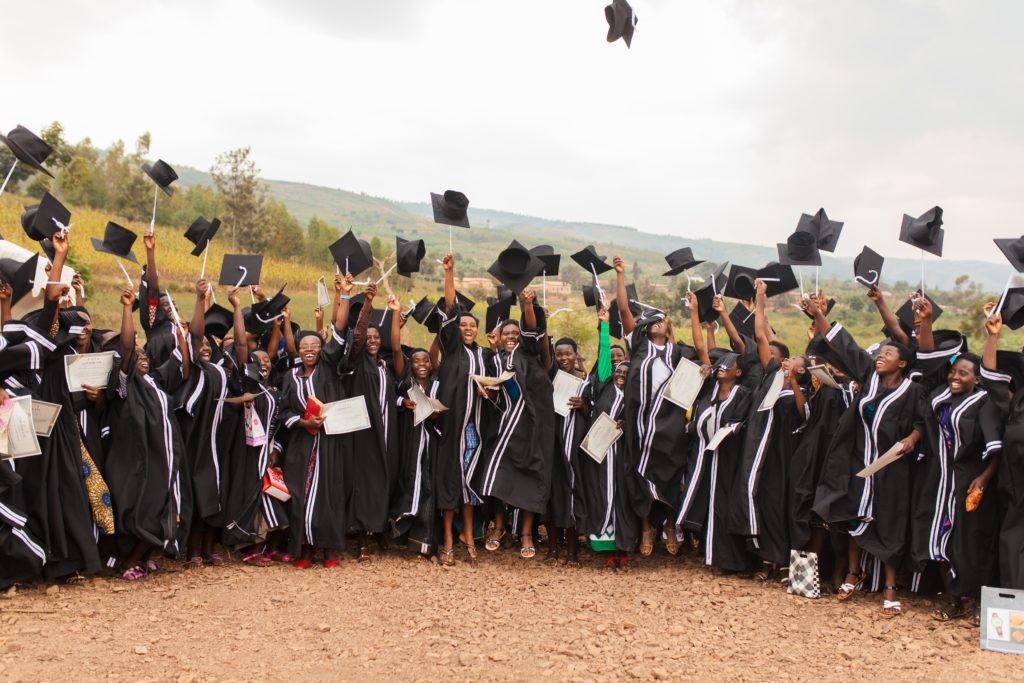
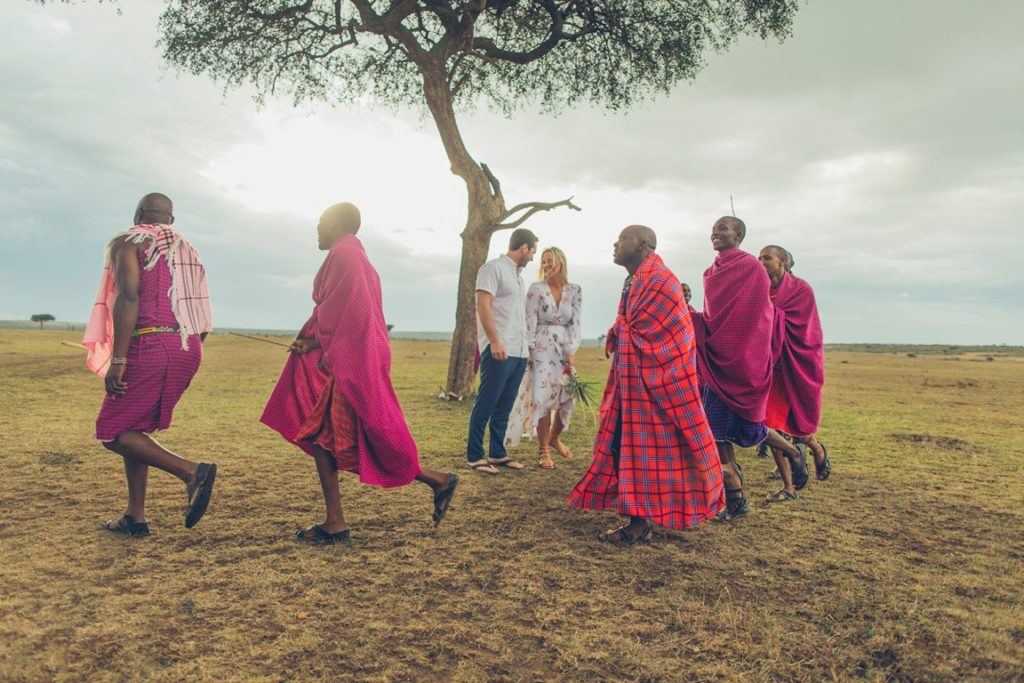
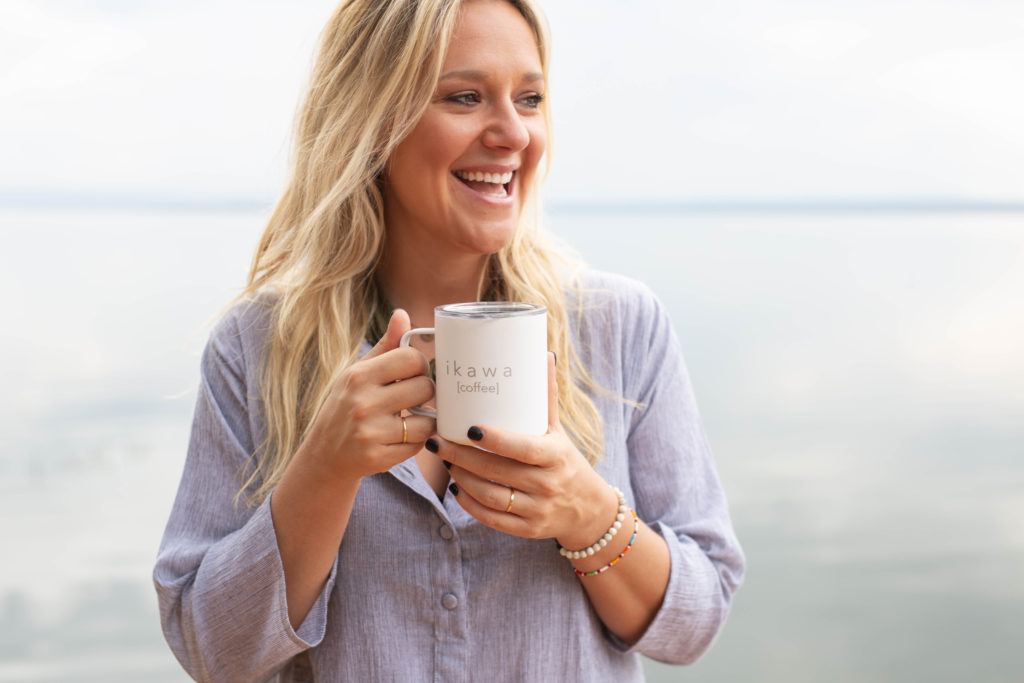
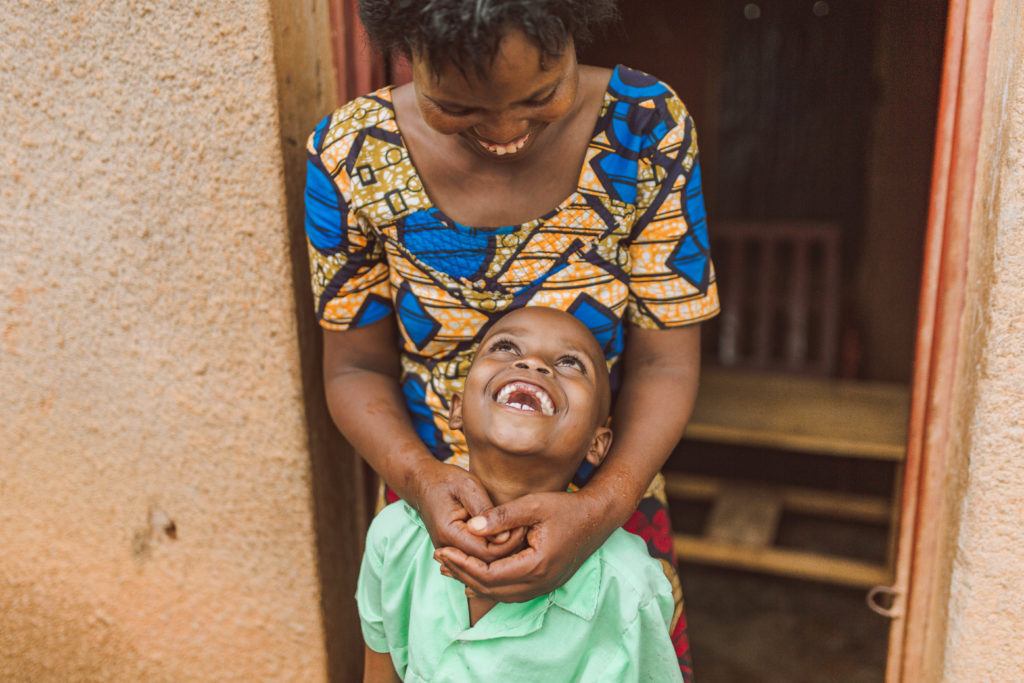
 Its Spring! With newly bursting blooms, spring break and spring fashion well, it makes me think of endless opportunities. Spring is just that, it’s about beginnings.
Its Spring! With newly bursting blooms, spring break and spring fashion well, it makes me think of endless opportunities. Spring is just that, it’s about beginnings.
